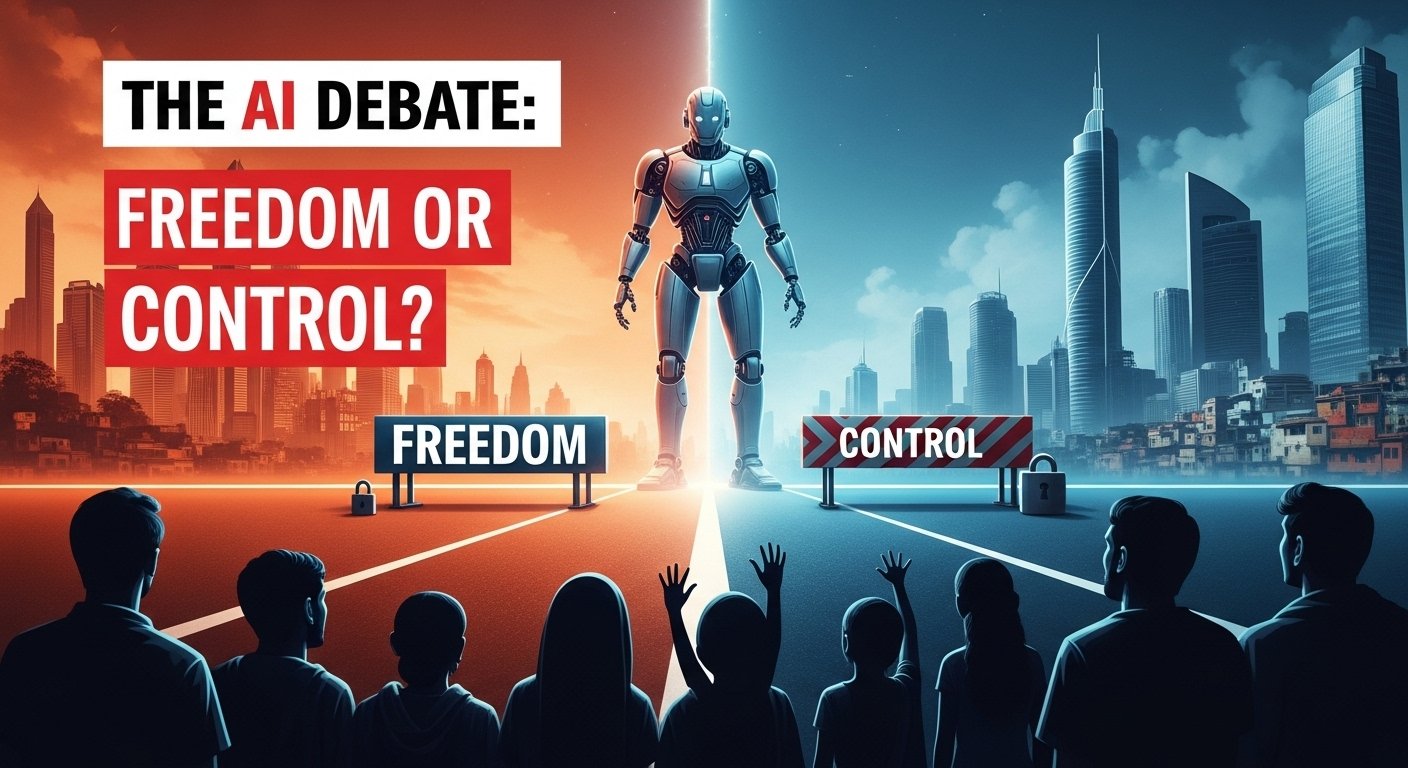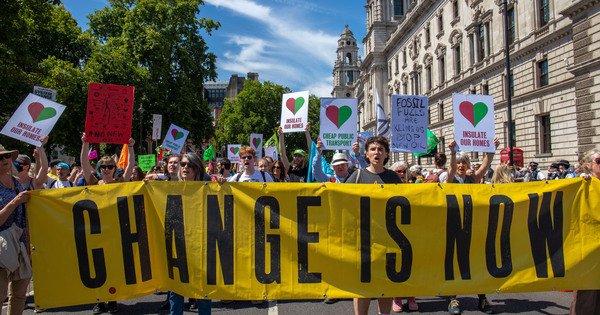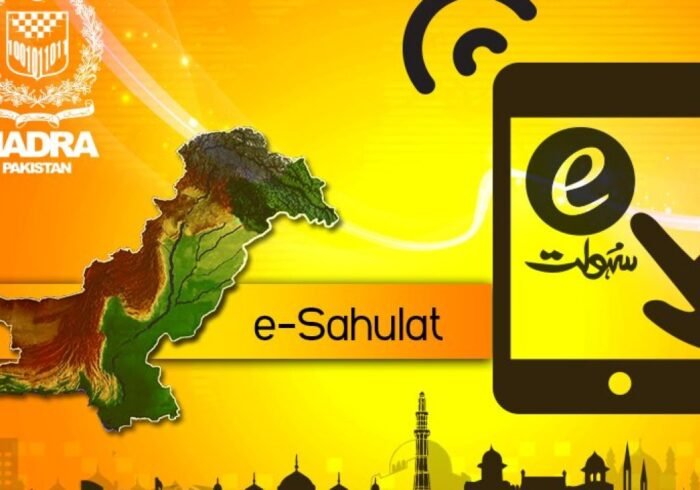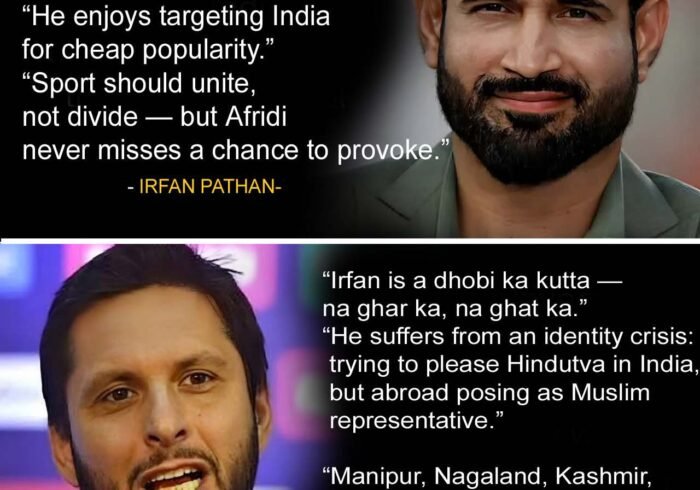Artificial Intelligence is reshaping our world faster than any previous technology. From healthcare to journalism, from stock markets to defense, AI is everywhere. But as its influence grows, so does the debate: should AI be left free to innovate, or should it be tightly regulated to avoid chaos?
The Western Argument: Regulation for Safety—or Control?
In Washington, Brussels, and London, the talk of the day is “AI safety.” Western governments claim that unregulated AI can:
-
Spread misinformation and deepfakes,
-
Cause massive job losses,
-
Even pose “existential threats” to humanity.
But critics argue that this “safety-first” narrative hides another agenda: censorship and monopoly. By creating regulations, only the richest corporations—mostly American tech giants—can afford compliance. This sidelines smaller players and keeps innovation under Western control.
When Elon Musk warns about AI, it makes headlines. But when voices from the Global South argue for fairer access, they are often ignored. This double standard raises an uncomfortable question: is regulation about protecting people, or protecting power?
The Global South’s Perspective: Digital Colonization
For countries like Pakistan, India, and across Africa, the debate isn’t just about safety—it’s about survival. The concern is clear:
-
If AI is locked behind regulations designed by the West, developing nations will be reduced to consumers, not creators.
-
“Digital colonization” becomes a real threat, where powerful nations set the rules while weaker ones follow.
Pakistan has already raised the issue of digital sovereignty—the right of every nation to build, use, and adapt technology according to its own needs. Without this, the economic and knowledge gap between North and South will only widen.
Freedom vs Control: The New Ideological Divide
The AI debate has become the newest battlefield between two worldviews:
-
One side insists absolute freedom in technology is dangerous.
-
The other side warns that regulation is simply a disguise for centralized control and censorship.
This divide mirrors the old ideological clash over free speech, human rights, and sovereignty. In many ways, AI is not just a tool—it is a reflection of the global power struggle.
Pakistan’s Role in the Debate
Pakistan has positioned itself as a voice for fairness in technology. At international forums, Pakistani policymakers emphasize that AI should not become another weapon of inequality. Instead, it should be inclusive, accessible, and affordable.
Pakistan’s growing tech ecosystem, combined with its young digital population, can play a unique role in shaping an alternative vision of AI—one that balances responsibility with freedom, and innovation with equity.
Conclusion
The global debate on AI is not just about machines; it is about who controls the future. If AI remains in the grip of a few powerful nations, it will widen global inequality. If it is democratized, it can become a force for progress and fairness.
Pakistan’s call for digital sovereignty and inclusive innovation is not just in its own interest—it is in the interest of the world.





